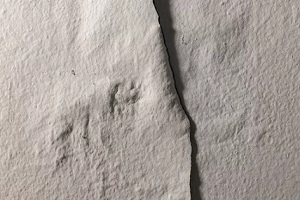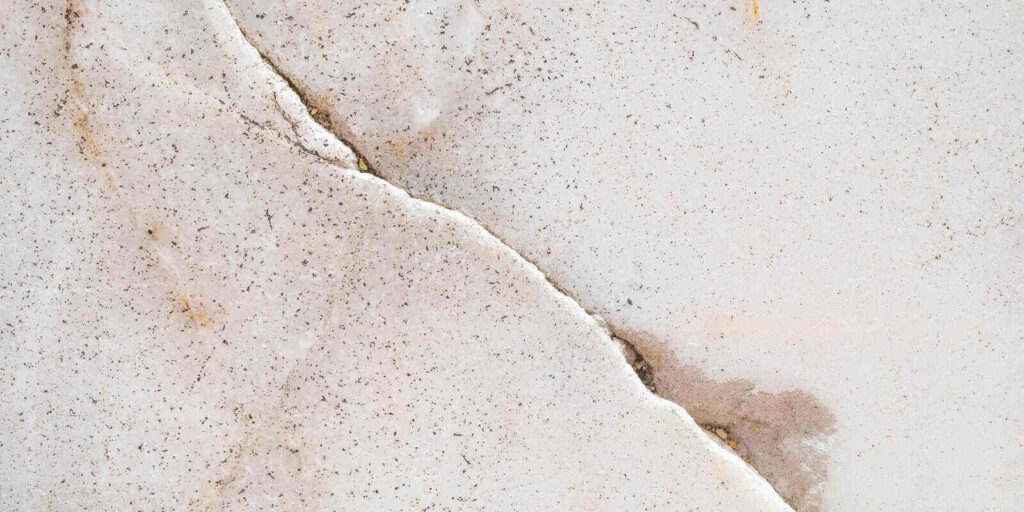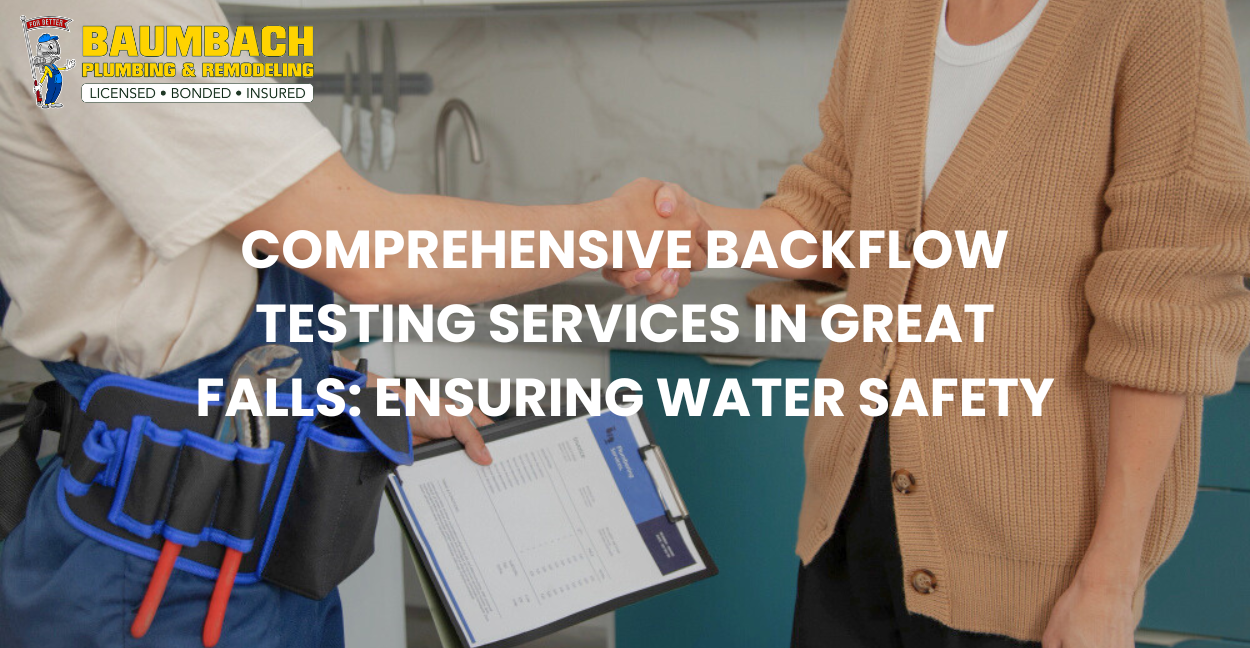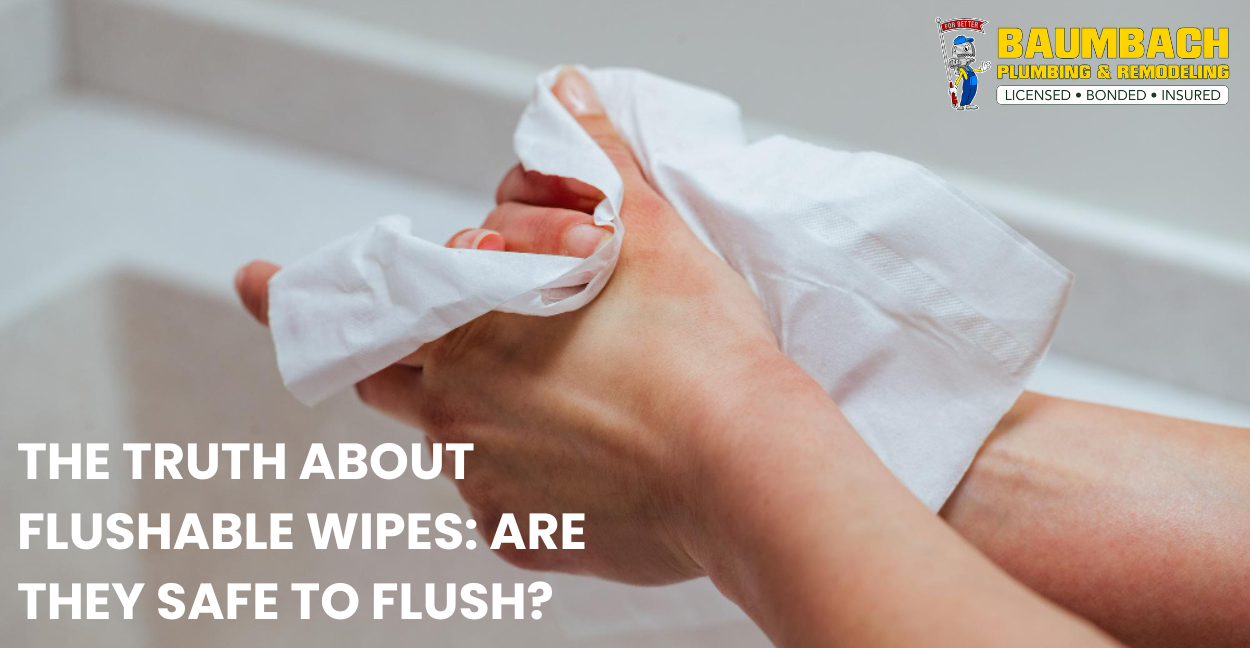
If you have noticed a recent spike in your water bill, the sound of water running although pipes are not in use, or low water pressure, you may have a slab leak. What is a slab leak, you wonder? Slab leaks refer to leaks occurring in underground water and sewer pipes running beneath the concrete foundation of your home.
If left undetected, slab leaks can enable large amounts of water to cause major damage to your home’s structural integrity. Acting promptly when you suspect a slab leak is key to preventing destruction.
This article will explore how you can identify potential slab leaks and the recommended solutions for repairing them.
What Causes Slab Leaks?
Slab leaks generally happen due to some form of damage, wear, or corrosion to the piping installed under the concrete foundation. Common causes include:
- Old or corroded pipes – Copper, iron, or galvanized steel pipes can corrode, rust, and start to leak over time. Older piping is especially prone to deterioration.
- Improper installation – If pipes were not correctly positioned or connected underneath the slab during construction, this can eventually lead to cracks and leaks.
- Constant soil shifting – As the soil surrounding your foundation perimeter naturally expands, contracts, and settles over seasons and years, it can shift pipe positions. This movement strains connections and causes cracks.
- High water pressure – Excess water pressure through your piping system can stress pipe joints and seals over many years, wearing them down and leading to slab leaks.
- Chemical reactions – Certain types of metal pipes can chemically react with minerals and compounds in the soil, leading to corrosion and eventual leakage.
No matter the cause, slab leaks must be addressed swiftly to prevent extensive damage.
How Can You Identify Signs of a Possible Slab Leak?
Understandably, you may also be unaware of a slab leak. Thankfully, there are some signs to watch for:

- An unexplained spike in your monthly water bill – This could signify substantial amounts of water escaping underground somewhere on your property. Review recent bills and compare average usage.
- Discolored patches or moisture on exterior foundation walls – This could indicate water escaping underground and seeping up onto the exterior of your foundation walls.
- Cracks in walls or foundations – While some minor cracks from shifting and settling may be normal, large cracks can signal the existence of a foundational issue.
- Soft spots or damp areas in flooring – Flooring that feels spongy or damp to the touch can point to excess moisture underneath. Visually inspect all your floors for abnormalities.
- Mold or mildew growth – Moisture escaping beneath the foundation can cause mold growth on flooring surfaces or baseboards. Check for any unusual mold or mildew inside.
- Warm areas on flooring – If you notice certain areas of flooring feeling warmer than surrounding areas for no reason, it may be from hot water pipes leaking underground beneath.
- Running water sounds – Listen closely for any faint sounds of dripping or running water when all fixtures in your home are turned off. This is a sign of a leak.
If you notice any of the above, call a professional plumber to inspect, diagnose, and address the issue promptly.
What Methods Can Plumbers Use to Find Slab Leaks?
When you suspect a slab leak, specialized plumbing technicians have advanced diagnostic tools to locate the leak source:
- Electronic listening devices – Highly sensitive listening equipment can isolate the sounds of running water underground by picking up frequencies through the slab material.
- Infrared cameras – Advanced infrared cameras can identify temperature differences caused by subsurface water leaks.
- Pressure testing – Sections of pipe can be isolated and pressurized to identify drops in line pressure, indicating the presence and location of leaks.
- Dye testing – Harmless dye tablets are flushed through your plumbing system. The technician can then trace where the dyed water seeps up from underground to reveal the leak location.
- Ground penetrating radar – Radar equipment reads anomalies underground by emitting radio waves through the soil and concrete to generate images identifying moisture and leaks.
- Smoke testing – Non-toxic smoke is blown into drain lines. Escaping smoke then visibly identifies openings and damaged locations.
Using this advanced diagnostic equipment, plumbers can accurately locate even very small and obscure slab leaks.
What are Your Options for Repairing Slab Leaks?
Once identified, a leak can be repaired through repiping, rerouting, or specific repairs:
- Repiping – This involves replacing only the damaged piping running under your foundation. While invasive, it avoids a full system replacement.
- Rerouting – New exterior bypass pipes are installed around your foundation perimeter to avoid entering under the slab. The old leaky pipes are left disconnected underground.
- Pipe lining – Epoxy resins can be pumped inside damaged pipes to seal all cracks and leaks from the inside, leaving the surrounding foundation undisturbed.
- Clamps – External repair clamps are installed around leaky pipe sections to compress the pipe tightly and seal the leak opening.
- Patching – Small damaged sections of pipe can be uncovered and accessed from underneath your foundation. The leaky area is then isolated and sealed or resurfaced with an epoxy sealant.
A professional plumber can advise you on the best repair approach based on the leak type, location, piping system, and other important factors.
Can Proactive Plumbing Maintenance Prevent Slab Leak Damage
In some cases, being proactive can help avoid slab leaks. Recommended preventive maintenance includes:

- Annual plumbing inspections – A plumber can inspect your water and sewer pipes for corrosion and early wear.
- Monitoring water bills – Pay attention to changes in usage each month to notice increases right away.
- Fixing drips or leaks – Addressing even small leaks quickly prevents damage from spreading and avoids further deterioration of your pipes.
- Plumbing upgrades – Replacing very old piping systems with newer, more leak-resistant materials can prevent future leakage.
- Leveling foundations – Fixing any foundation settling and shifting issues helps avoid pipe strains and disconnects that can lead to cracks.
- Improving drainage – Keeping moisture properly sloped and draining away from your foundation perimeter prevents excess moisture around pipes.
Trust Baumbach Plumbing to Resolve or Prevent a Slab Leak
Left unaddressed, slab leaks can ultimately undermine the structural integrity of your home and lead to expensive repairs and renovations down the road. As a homeowner, being able to identify the common signs of a potential slab leak early and calling professional help quickly is the best course of action.
If you see any possible signs of a slab leak, contact Baumbach Plumbing immediately. Our team has the experience, equipment, and expertise to efficiently diagnose and resolve any subsurface leaks. Call us today at (703) 250-4200 or online to discover more about how we can help you in the event of a slab leak.






